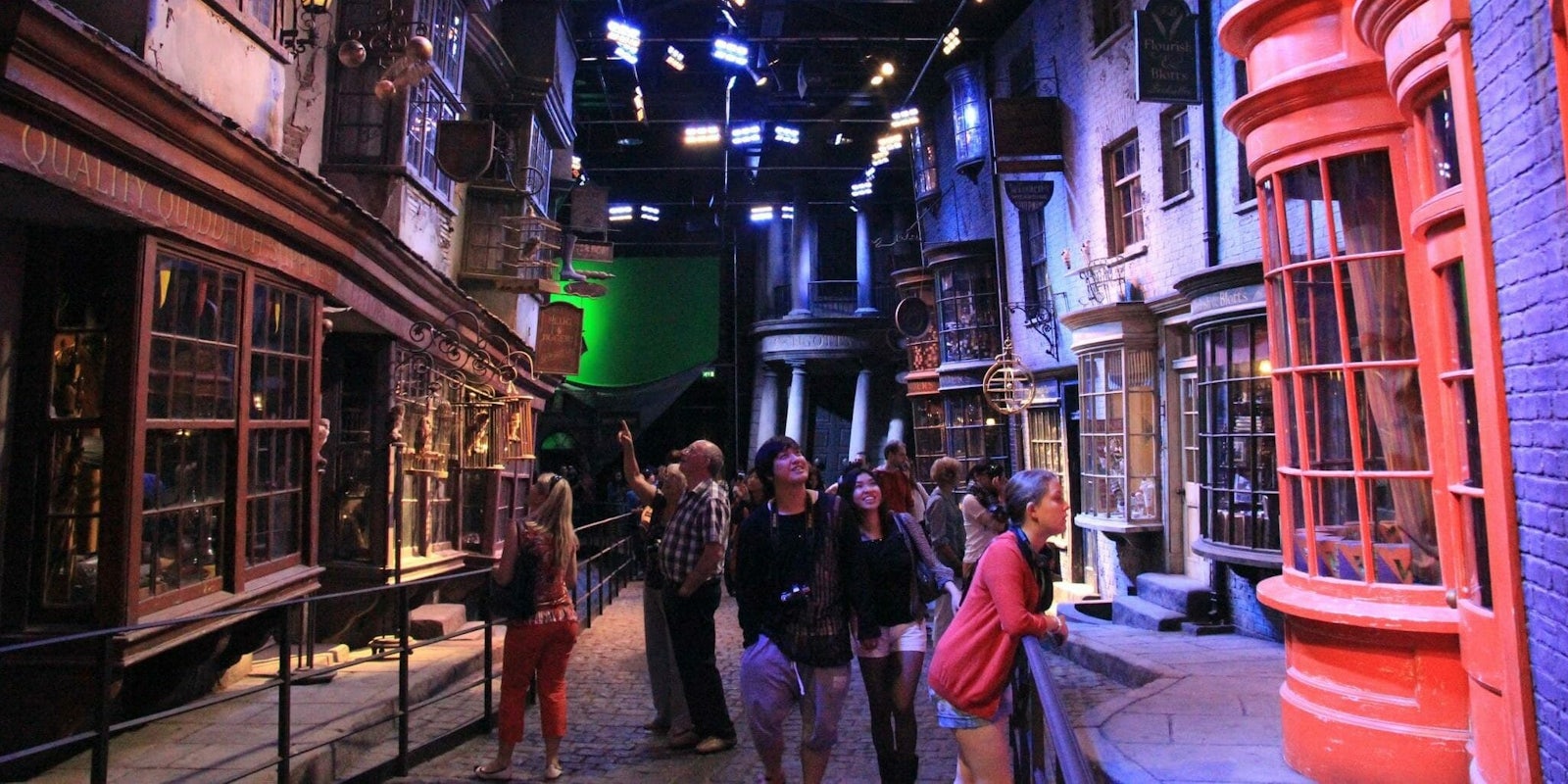Compared to some media properties, the Harry Potter franchise has given its fans a lot of creative leeway. J.K. Rowling has publicly supported fanfiction since the early 2000s, and there’s a thriving industry for unofficial conventions and merchandise. However, that may be about to change.
According to a new report from the AP, Warner Bros.—the studio behind the Harry Potter and Fantastic Beasts movies—is cracking down on fan-organized events. The article cites a long-running festival in Philadelphia, which attracted 45,000 attendees in 2017. Local fans arrange activities like a Quidditch tournament and Defence against the Dark Arts classes.
This year, Warner Bros. told the organizers they couldn’t use any official Harry Potter brand names, with other events receiving similar cease-and-desist letters across the country. This has happened in the past with Potter-themed stores and merchandise, but events are generally regarded as a separate category. While it’s easy to see why Warner Bros. would object to a store that directly overlaps with official merchandise, the vast majority of social gatherings in any fandom are organized by fans, not film studios or publishers.
If Warner Bros. continues to interfere with fan events, this could easily backfire on the studio and become a PR disaster. Harry Potter fandom was already going strong before the first movie came out in 2001, and many event organizers are adults who grew up with the books. While Warner Bros. may legally control the brand, these fans have a strong sense of ownership over Harry Potter. They’re perfectly capable of organizing a campaign against Warner Bros. if the studio behaves too harshly toward its own core audience.
As one fan pointed out to the AP, this crackdown could be a bad business decision because “by having these informal pop-up festivals, it makes all the Harry Potter fans more enthusiastic and more likely to go to the movies and theme parks.” A hardcore fan might go on the Warner Bros. studio tour once in their life, but the rest of the year round, they’re posting on Tumblr or arranging theme parties with their friends. That’s what kept Harry Potter fandom alive all these years; not official marketing.
For comparison’s sake, look at something like Avatar. The first film inspired a massive audience, but that fanbase quickly moved on. With no fan activity over the past few years, the decision to open an Avatar theme park and release four sequels now seems like a punchline about out-of-touch Hollywood marketing. Fans are perfectly capable of continuing—or losing interest— without input from corporate overseers.
H/T AP


